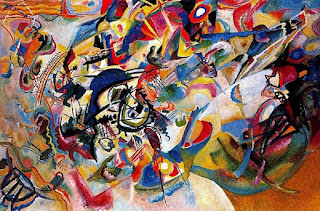Note: Blogspot can be bad with longer form posts. Here is the link to the google doc with a working table of contents. This post is a collaboration between Lucas Collier, Sebastian Montesinos , Benjamin (Truth Teller) , and Joseph Lawal . Benjamin has since put out a new post following up on his sections from this one. Introduction Sebastian Montesinos The most important lesson I learned in philosophy as an undergraduate was how to read papers. My intellectual mentors taught me that rather than jumping to criticize a piece or dispute its conclusions, one should read it very carefully, try to articulate its positions as charitably as possible, and then consider it only on the basis of that understanding. This is the standard practice in philosophy for good reason—it cultivates the essential philosophical virtue of charity. The second most important lesson I learned in philosophy was epistemic humility. A v...
